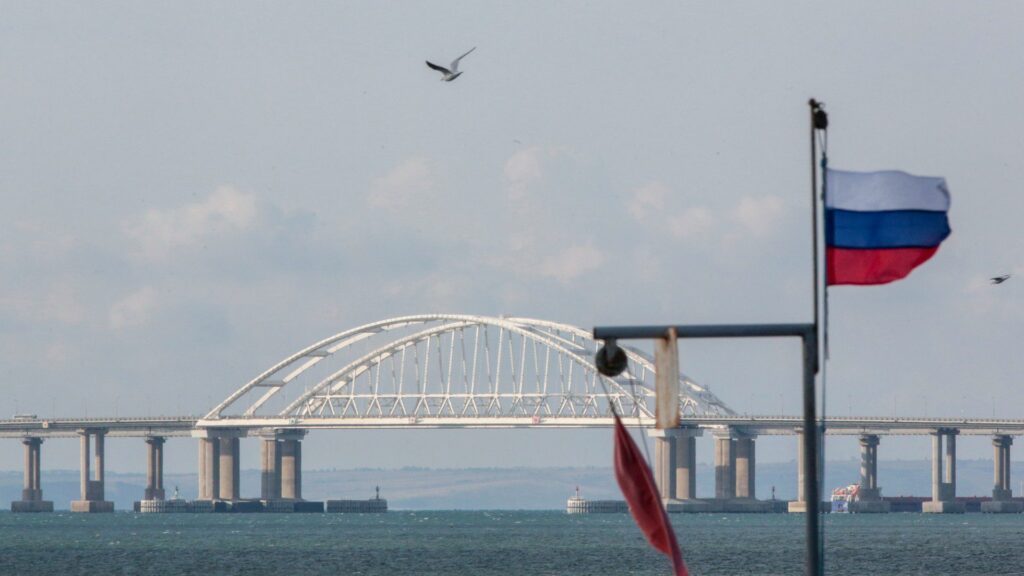
Ukrainian Defense Official Claims Responsibility for Crimea Bridge Attack
While last October’s act of sabotage was widely celebrated in Ukraine, up until now Kyiv officials had never openly claimed responsibility.

While last October’s act of sabotage was widely celebrated in Ukraine, up until now Kyiv officials had never openly claimed responsibility.
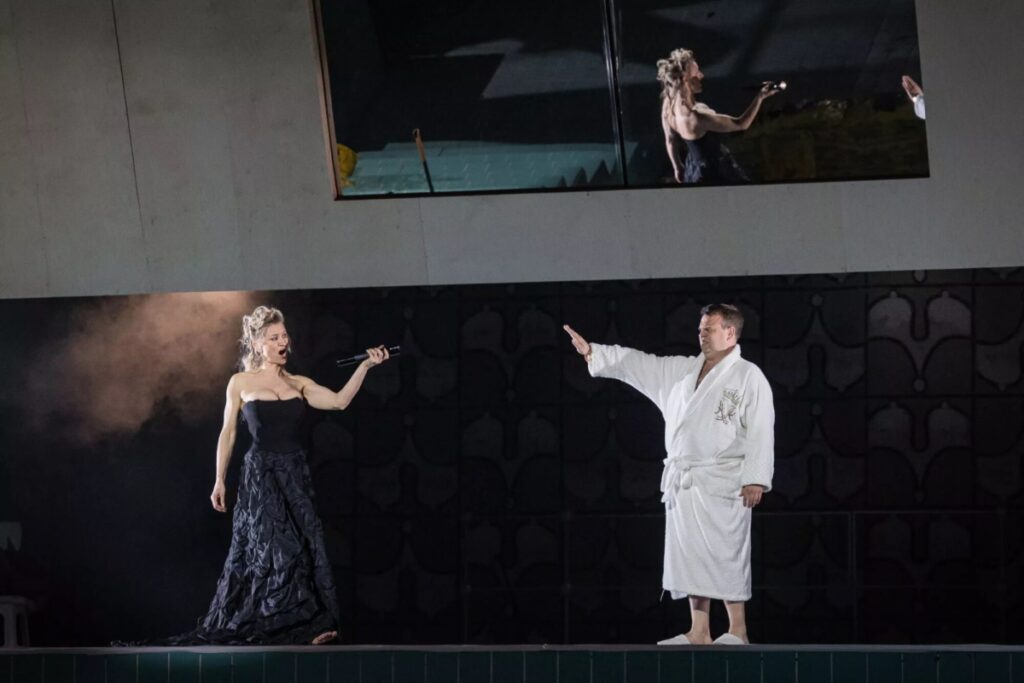
Hungary has produced singers who built international careers, and two of them were on hand to fill leading roles here.
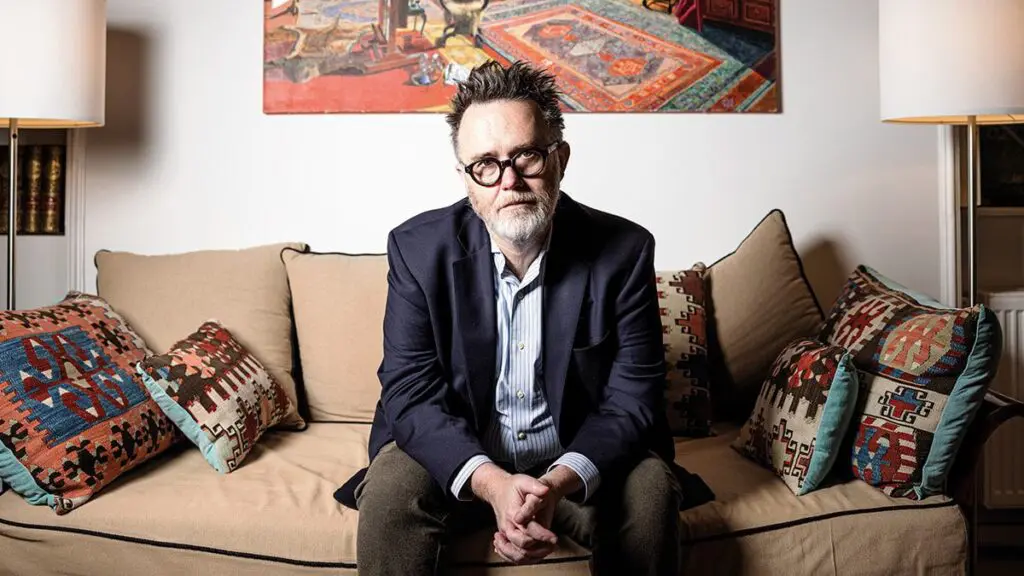
In this inaugural commentary for The European Conservative, Rod Dreher introduces himself to our readers.
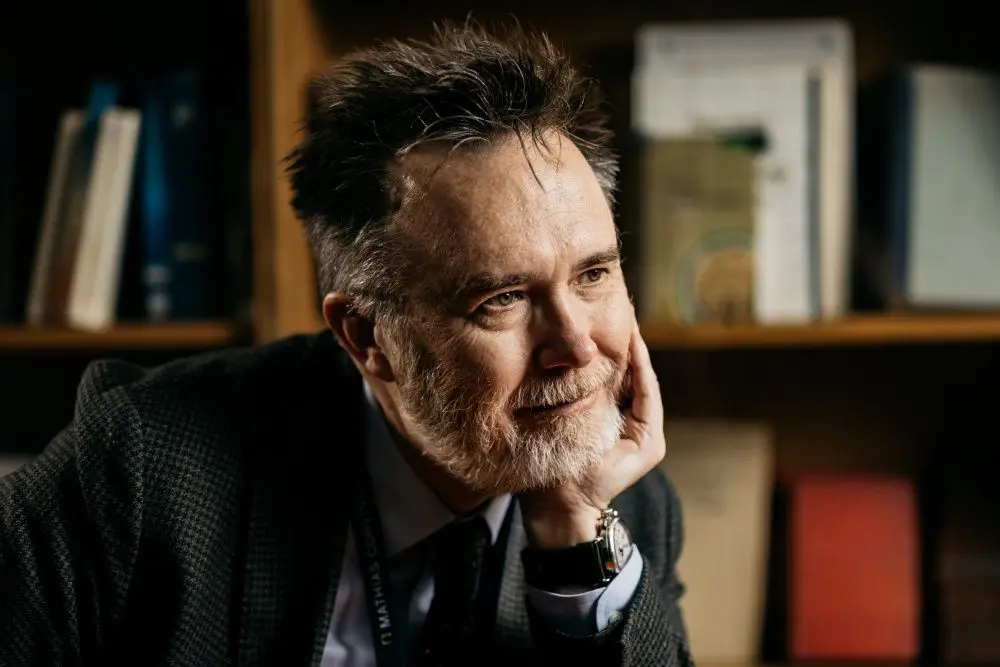
For decades, Rod Dreher’s writings have driven the cultural conversation in many important ways. Join us as he keeps the discussion going here.
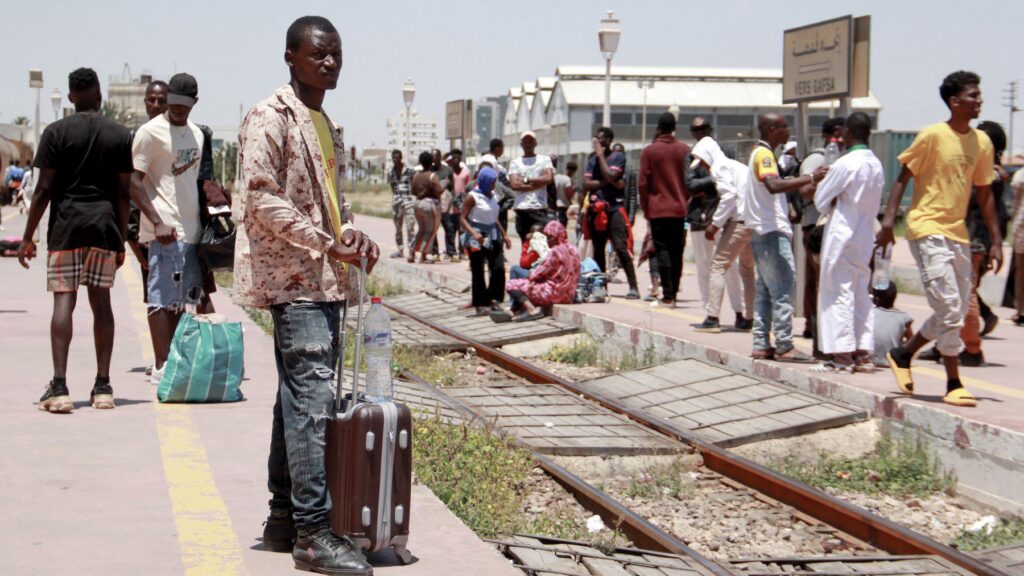
The Tunisian city of Sfax witnessed violent attacks against migrants as authorities and vigilante groups turned against African migrants following the death of a Tunisian man.
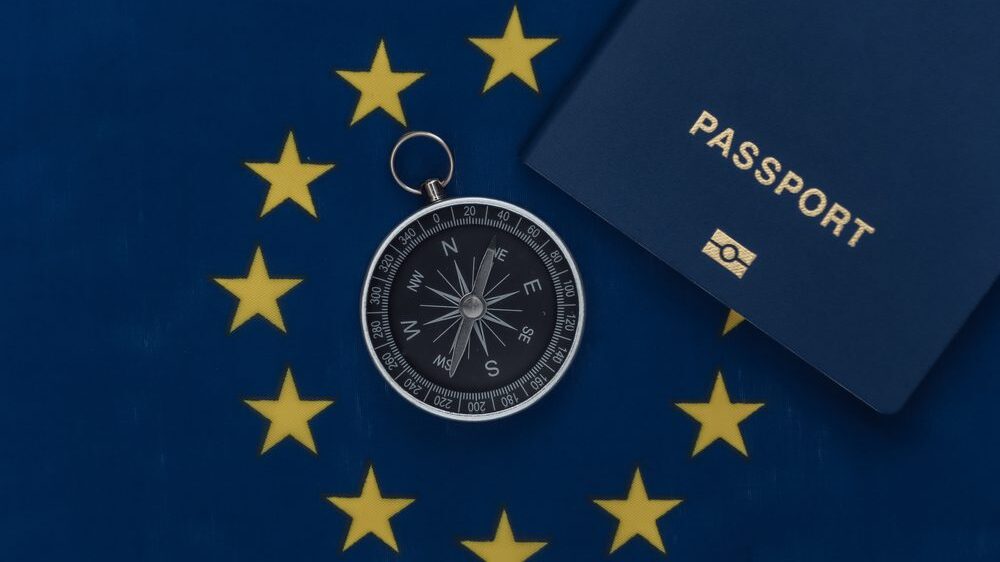
Fewer people think that inflation and the war are the biggest challenges facing the EU, while considerably more pointed to migration than six months ago, according to the Commission’s latest EU-wide survey.
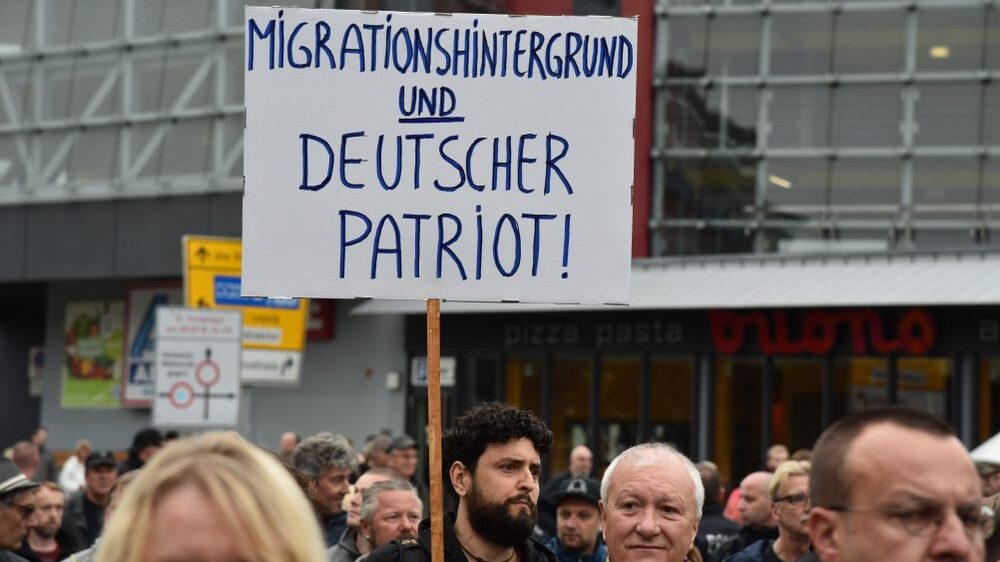
Germany’s establishment politicians have come out strongly against AfD with EPP leader Manfred Weber (CSU) saying the party “is not only a political competitor but an opponent and an enemy.”
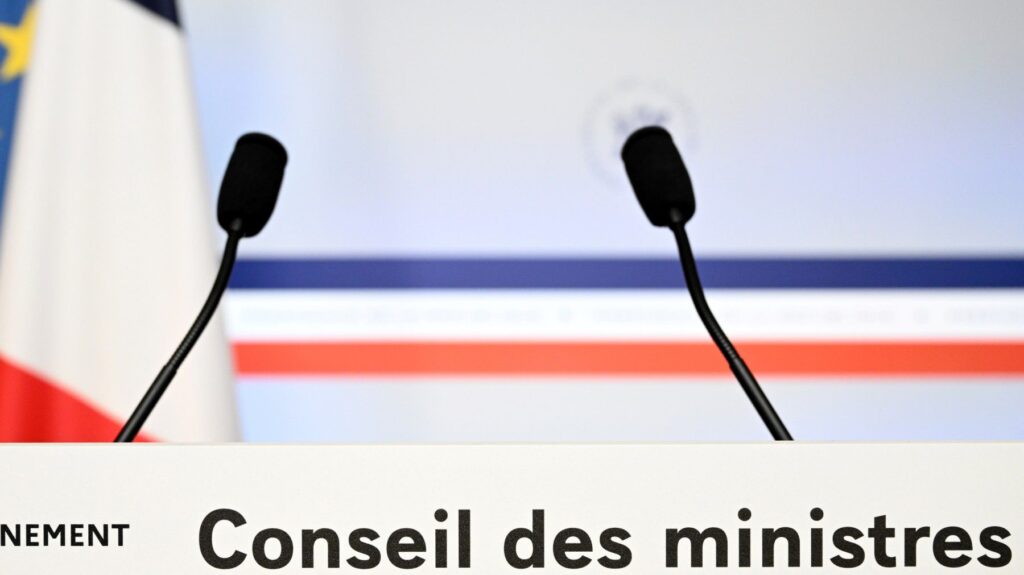
In the event of Élisabeth Borne’s departure, the question arises of the colour of the person who would replace her: would Emmanuel Macron then choose to lean more to the Right or more to the Left?
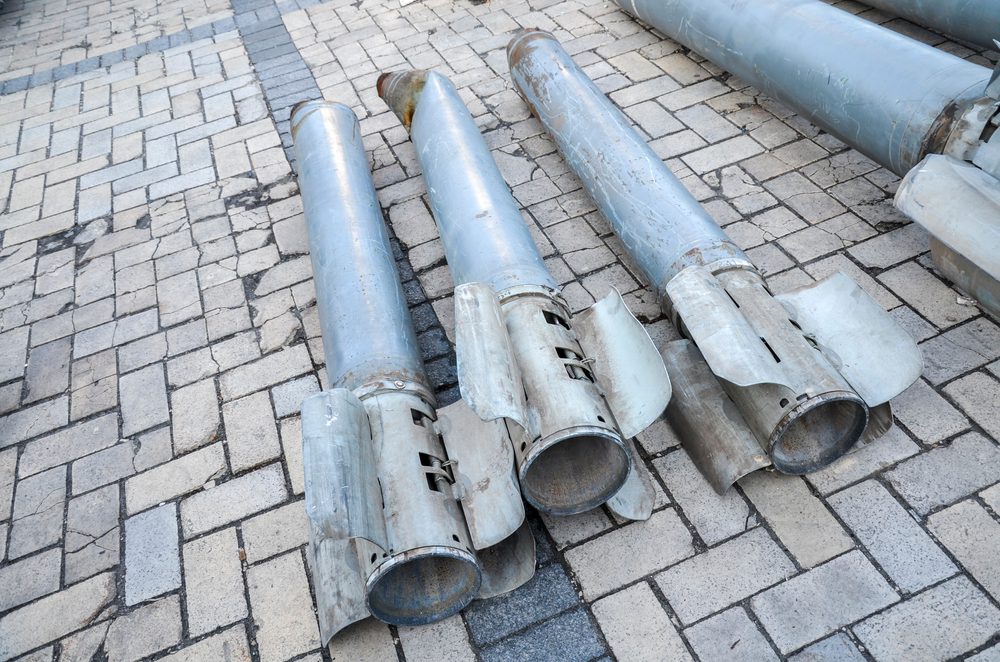
Cluster bombs, Turkish objections to Swedish membership, and when and how to integrate Ukraine into the military alliance are dividing NATO leaders ahead of Tuesday’s crucial summit in Vilnius.
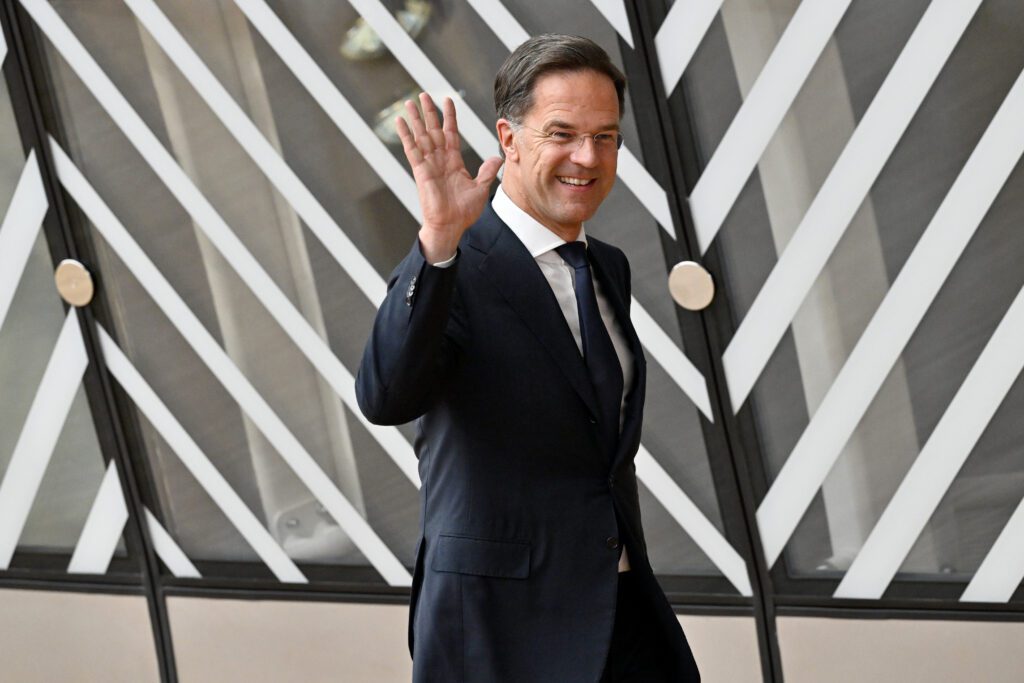
Known as ‘Teflon Mark’ for having led four consecutive governments, PM Rutte expressed no interest in trading national politics for an important role at an international institution.
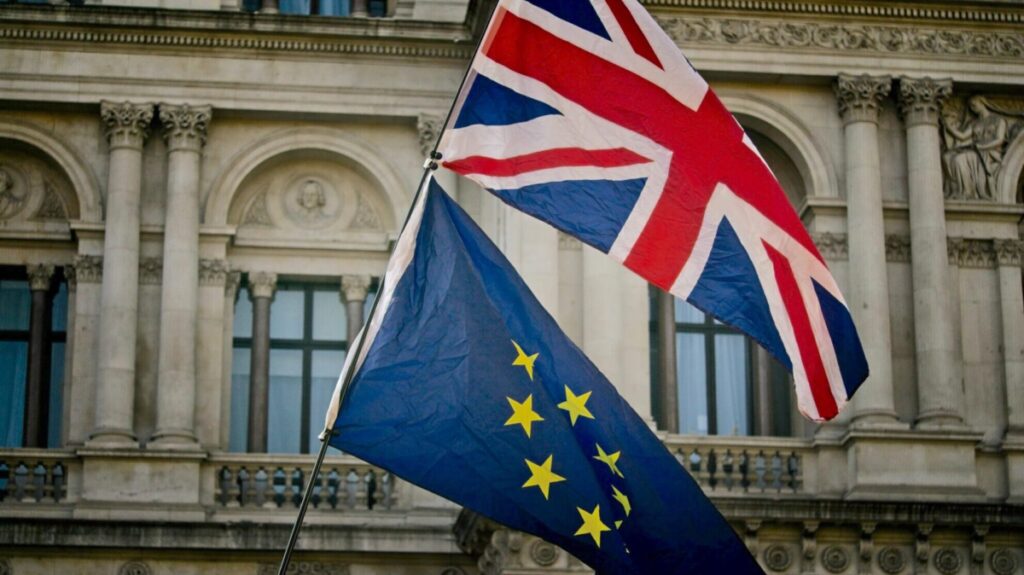
It speaks well for the UK that it does not follow the EU’s very restrictive approach. Perhaps its recent modest successes will inspire the UK to focus more on the opportunities offered by Brexit.

As rioters use social media apps like Snapchat and TikTok to coordinate their violent activity, President Macron’s threat to block the sites has led to accusations of “authoritarianism.”
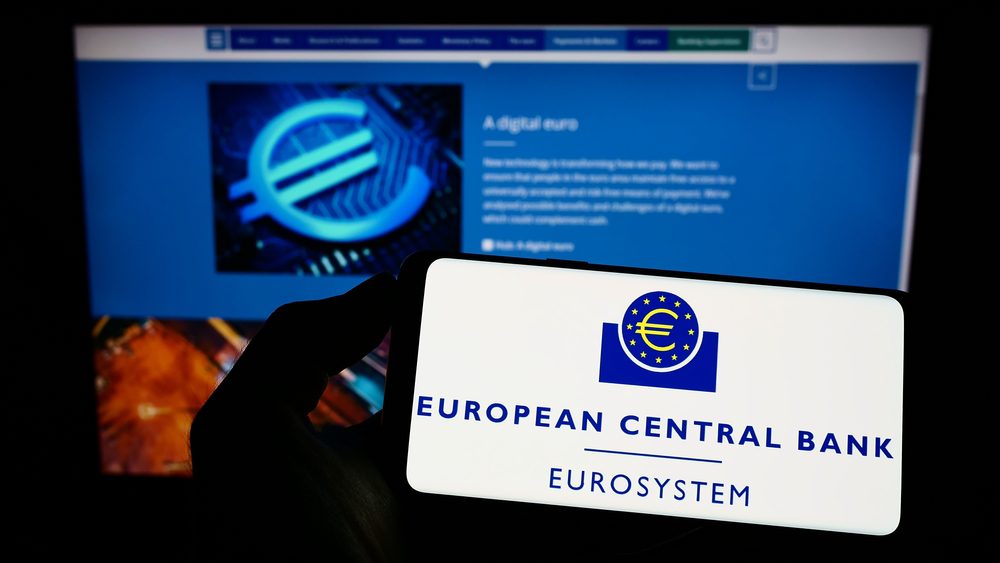
Christine Lagarde, ECB president, opined that even small transactions using the digital euro should be subject to control.
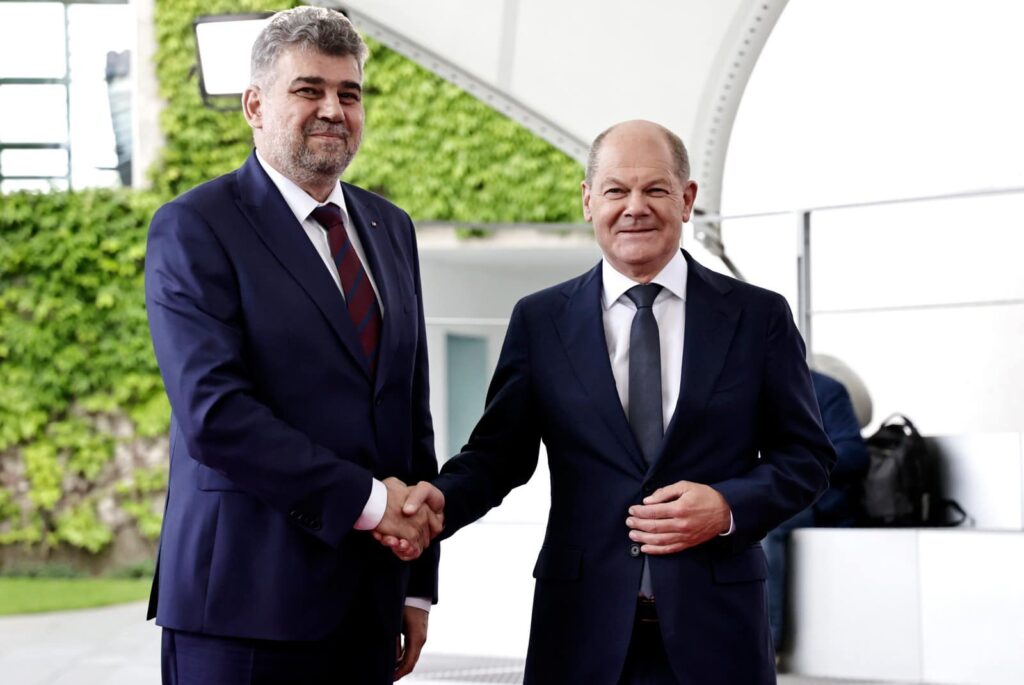
Chancellor Scholz did not officially reply to the request, but promised to keep lobbying on behalf of Romania’s Schengen accession by the end of the year.

The movement is filing a formal complaint with several EU institutions against Spain’s national judiciary.

How long can the South American nation withstand the onslaught from Washington and Brussels?
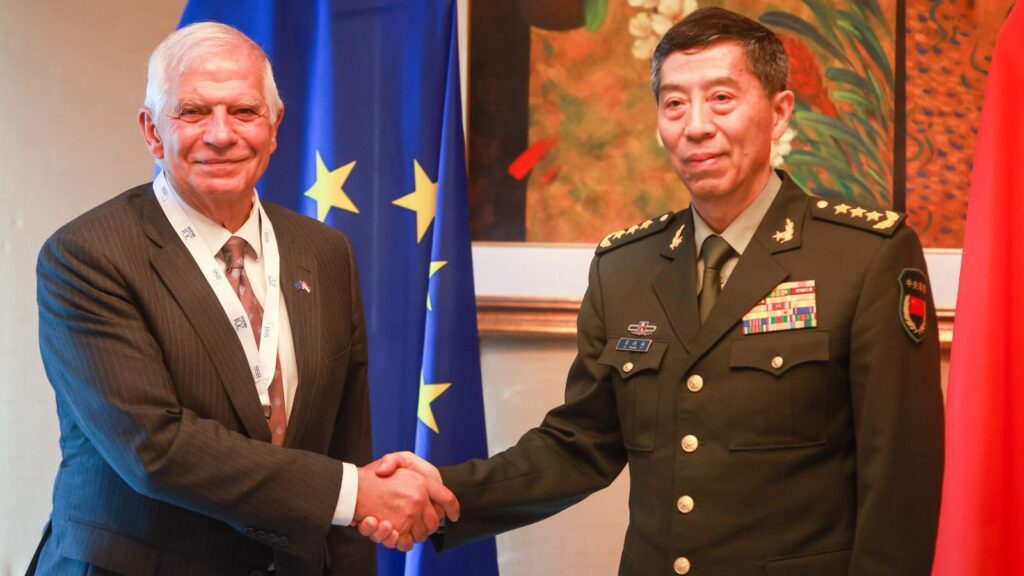
The diplomatic slap in the face is a blow to Europe’s hopes of carving a foreign policy path away from a more hawkish United States as relations increasingly sour with Beijing.

If Sweden were to join the euro, its economy would be less unstable, but more stagnant. The situation for Swedish households and domestic-oriented businesses would go from bad to worse.

To the applause of watchdog groups, Meta’s mass data collection in Europe may be over.
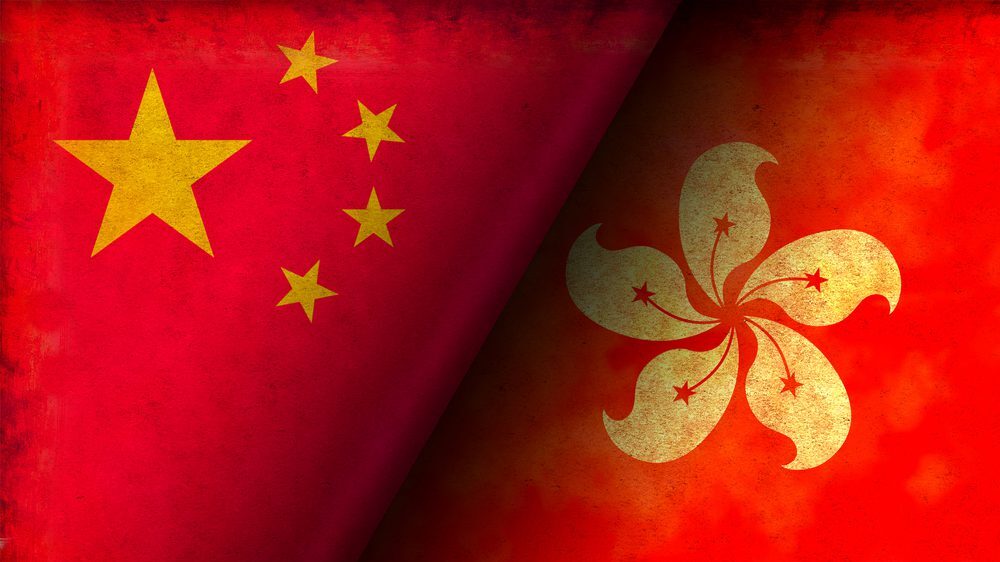
Police official Steve Li admitted that while the chances of prosecution were slim as long as the defendants remained abroad, Hong Kong authorities “won’t stop wanting them.”
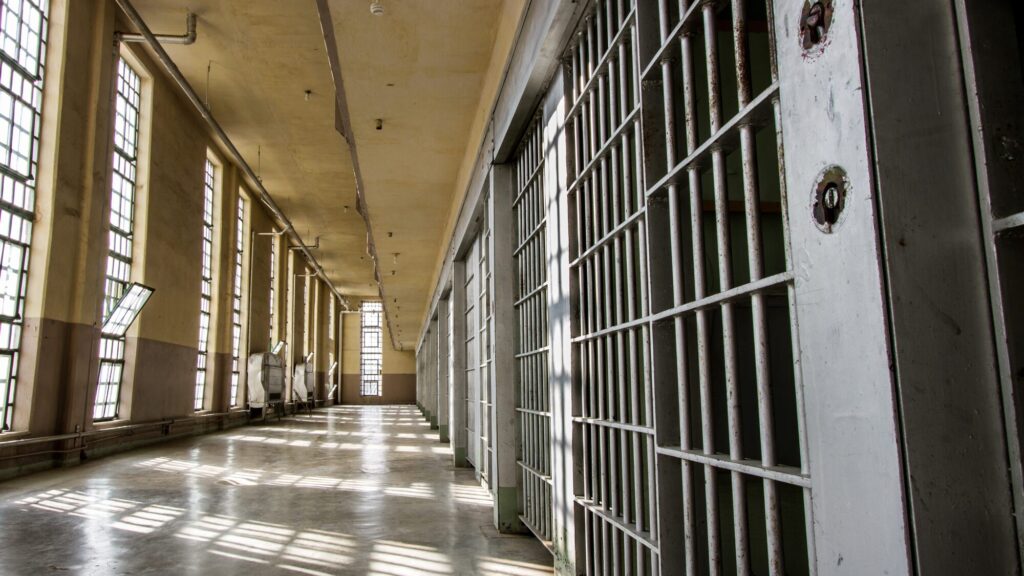
The case has sparked debate, with some arguing that housing transgender inmates with male genitalia in women’s prisons impinges upon the rights of female prisoners, while others contend that having them serve sentences in all-male prisons amounts to a human rights violation.
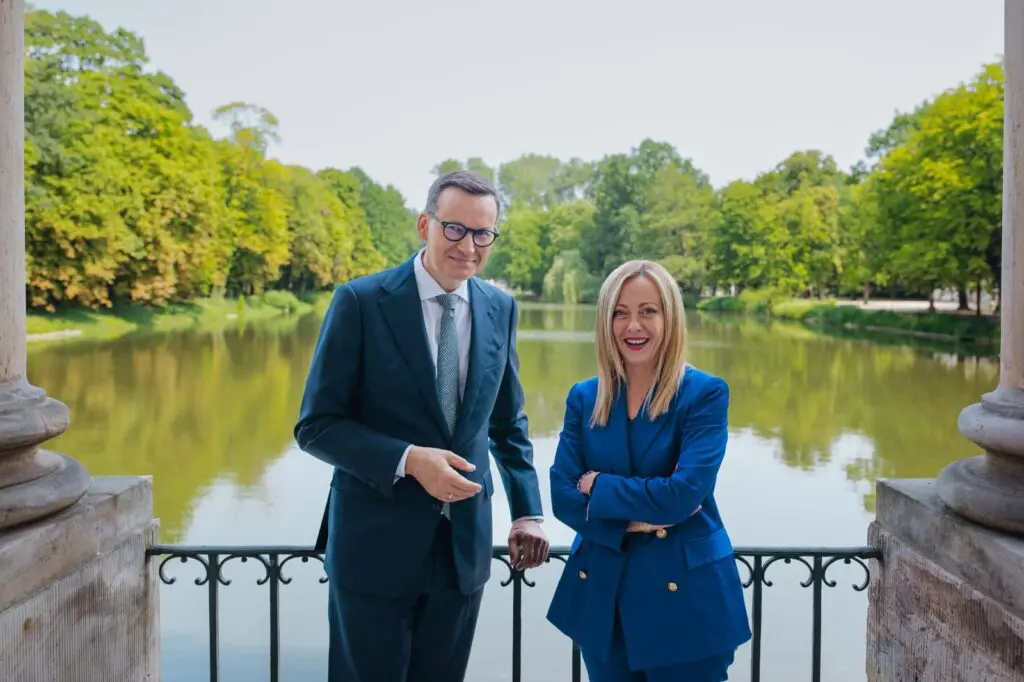
“I could never complain about those who defend their national interests,” Italian PM Giorgia Meloni said in Warsaw, signaling support for Poland and Hungary’s sovereigntist position after vetoing the Migration Pact last week.